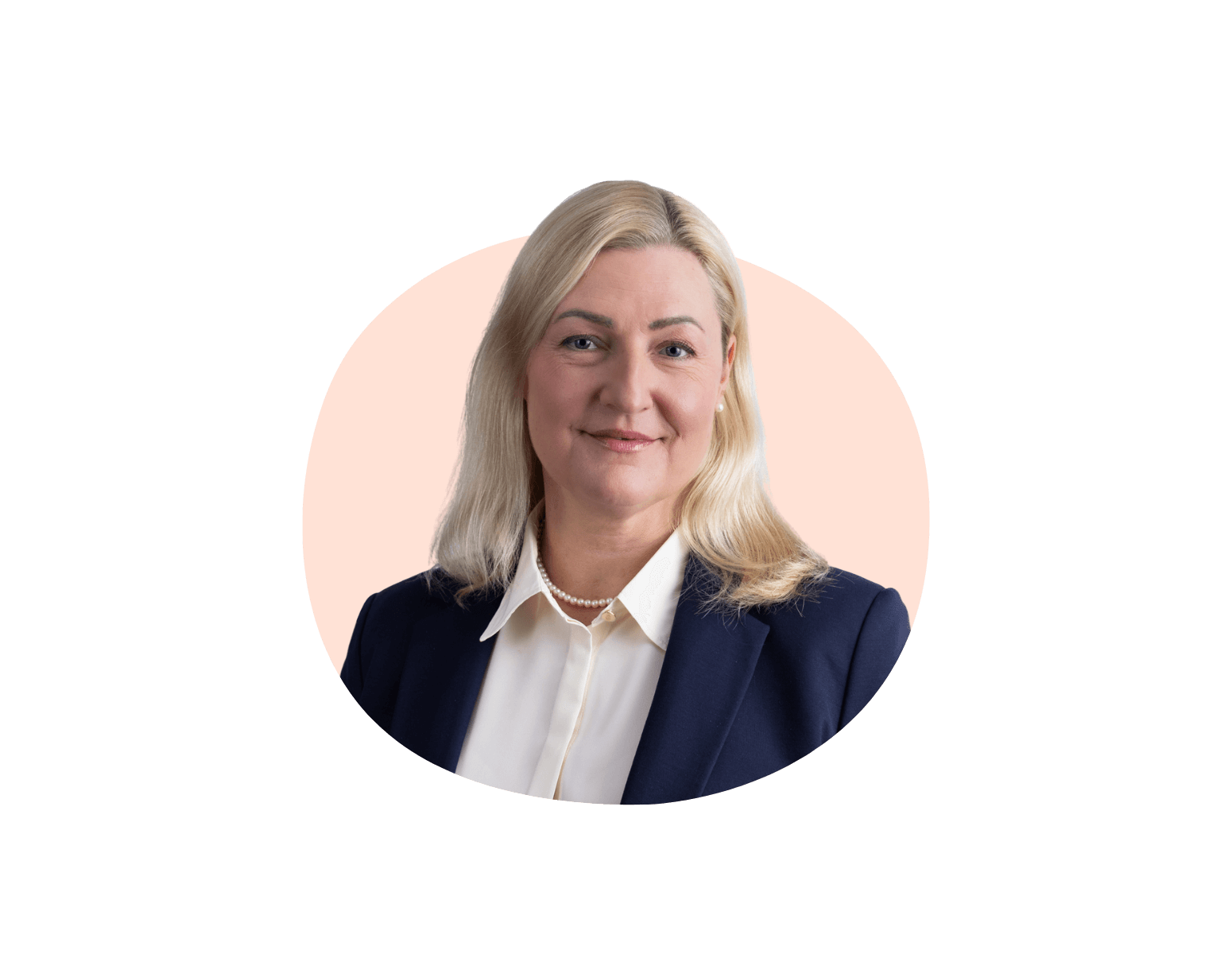The advanced project provides important information on the well-being of children, young people and families with children in Finnish cities of Tampere, Ylöjärvi, Vaasa, Laihia, Vantaa, and Pori.
Six municipalities and a digitalisation expert company, Gofore, have built a well-being snapshot of nearly 80,000 families with children and 132,000 families under the age of 19 living in municipalities in the Advanced Family Analysis project.
The key finding is that the well-being of families is highly diverse, which challenges the current service systems and ways in which municipalities provide and target support in the right way and at the right time. The results of the analysis help municipalities in management, decision-making and the provision of regionally targeted and family-oriented services. Information on families with children has been retrieved from ten national registry sources and the analysis has been performed using a combination of expert knowledge, artificial intelligence and ethical evaluation. No such concrete and extensive analysis of the well-being of families with children has been made before.
The analysis identified 100 different types of families and looked at how 11 phenomena describing well-being, such as livelihoods, education, health and socio-economic status, are highlighted in different situations of families and the impact of these phenomena on well-being. Based on this, families were divided into ten groups * according to their overall well-being.
The majority of families, seven out of ten, are doing well and are doing well in society’s basic services, but a third of families still need better service thinking based on their needs. The analysis showed that in the largest municipalities, as many as 5% of minors live independently. In addition, more than a third of families are those where the lack of support networks affects parents’ coping. The situations of families in the most challenging situations are diverse, and several phenomena seem to accumulate for the same families. Just over 10 percent of families need multi-professional, profitable support instead of separate services.
“The number of families is not essential in the construction of services, because of the diversity of families, municipalities need to understand the diversity of the need for services and support. Family type or family background do not determine what kind of services a family needs. Depending on the municipality, the family may need the support of a social network, help to develop the labor market situation of families or support the situation of a multi-challenging family”, says Petri Takala, Gofore’s leading consultant.
Information about families also helps municipalities, for example, to develop the right kind of services, to design the service system and network, and to allocate human resources according to service needs and areas.
“In public administration, decision-making is often organization-based, because the administration does not have the knowledge, competence or opportunity to find out a comprehensive picture of the needs of local residents. The results of the project will help municipalities to turn their thinking into people: Our goal is to create the conditions for family-centered decision-making and service management”, says Katri Kalske, Deputy Mayor of Vantaa, who was involved in the steering group of the Advanced Family Analytics project.
An advanced method was created in the project
The project is pioneering the way and methods of combining researched knowledge, expert knowledge and artificial intelligence to obtain concrete results and form a situational picture.
“We have succeeded in modeling registry data with artificial intelligence and teaching the algorithm to work with researched and empirical data from experts. It has also been essential from an ethical point of view that man has led the process all the time. A similar approach to modeling can be used to analyze the well-being of Finns in other population groups”, says Petri Takala.
Ethical reflection is an important part of the analytical process
Ethical evaluation has been a key part of the whole project. Gofore’s analysts have guided the processing of the information and ensured that the data is handled responsibly, ethically, and that privacy is maintained. It has not been possible to identify individual families from the data.
“The ethical review ensured that the results were interpreted correctly and we were able to respond quickly to emerging ethical considerations.In addition to information security, we have paid attention to, for example, being aware of our own preconceptions when interpreting the results, and to the fact that we do not inadvertently strengthen social dividing lines when communicating the results.Together, we have created operating methods for ethical evaluation that can also be utilized by other actors”, says Anna Seppänen, CEO of CoHumans, who supports the report’s ethical process.
Get in touch and let’s find value from data together!
The original article was published as a press release on 25 November 2021.



